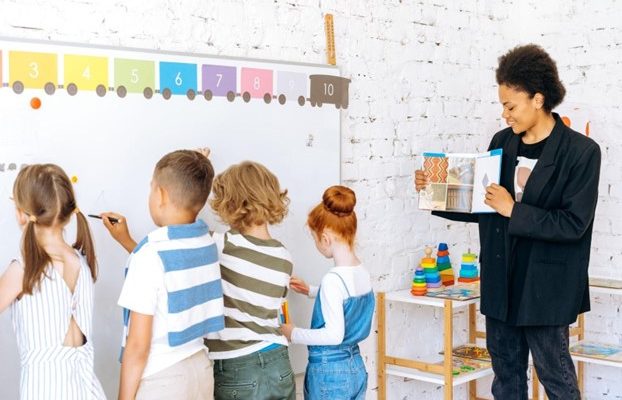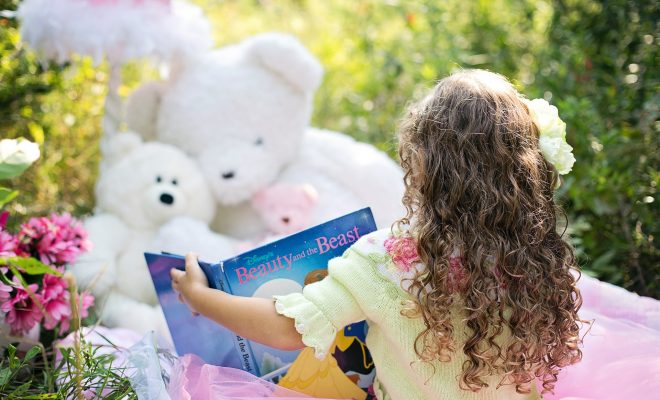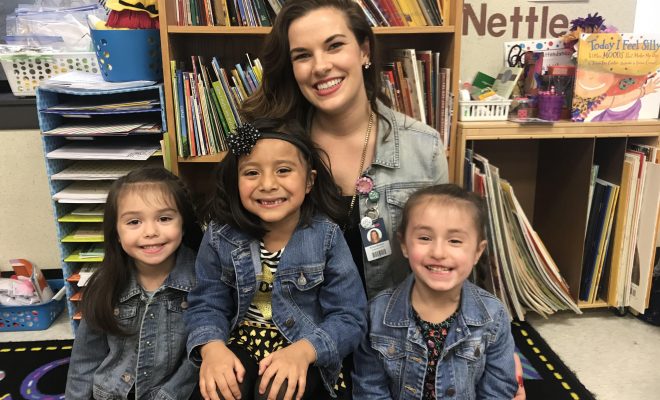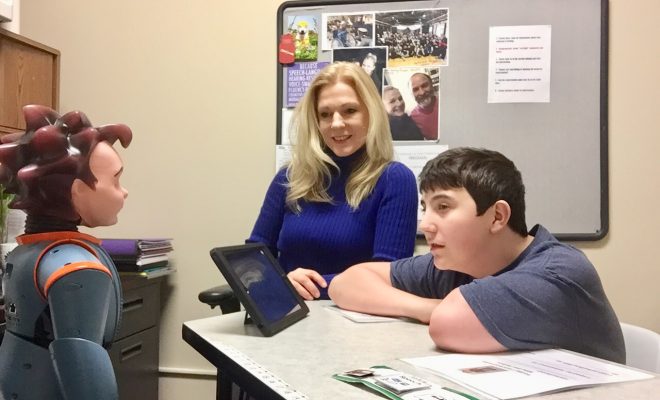What to Expect: Age 16

Many parents associate the sweet age of sixteen with driver’s licenses, freedoms, and increased independence. Children look forward to this age with eager anticipation of the moment they will finally be able to have their own set of wheels and more autonomy. Beyond these standard and important milestones, many parents aren’t sure what to expect from their child’s sixteenth year.
Chances are that your child is no longer as open as they were years ago. You may not know exactly who their friends are or what their goals are for the future. In fact, you may not know much of anything about your child’s life this year.
Parents can take a look at these important guidelines to help determine if their child’s growth and development is socially appropriate. This can help you to make better parenting decisions and relate to your teen with greater empathy.
Social and Emotional Development
Fortunately for parents, much of the conflict at home begins to taper off by the age of sixteen. Your child is continuing to develop their independence in tangible ways, but they spend less time fighting over freedom with parents. It isn’t uncommon to see a sixteen-year-old who is more interested in spending time with friends than family though.
Friendships are able to reach new levels of intimacy this year as your teen learns to share more personal details. They may also develop more romantic relationships with their peers than they did in earlier years. Sexuality really becomes alive for many children this age, so parents should be sure to have open conversations about safe sex with their teens.
Parents should know to keep a good pulse on their child’s emotions during this year. If your child seems extremely sad or frequently depressed, discuss it with your pediatrician. Their mood problems could contribute to unsafe decisions related to drugs, drinking, and sex if left unchecked.
Cognitive Development
Your child is likely to spend far more time thinking about the future at this age. They may start to make specific plans for advanced schooling or careers after school. In preparation for these major life events, you should start to see better work habits that are more consistent.
This is also the time that many children begin to see things as less black and white. Abstract thinking plays a key role in their social interactions and their future decisions. They can understand more subtle nuances when it comes to morality. Unfortunately, they still have a difficult time understanding that their personal opinion could be incorrect.
Physical Development
Puberty is probably coming to a close in the next couple of years, so you may start to see physical changes taper off this year. Sixteen-year-olds are likely to look much older than they are as a result of their rapid changes.
One of the most significant things to watch for this year is your teenager’s sleep habits. Experts claim that teenagers are more likely to sleep in for hours on end. It’s advised that parents allow this slothful habit to continue in order to help further your child’s development. Besides, your teen may even have a better attitude after a good night’s sleep.
You may be tempted to hold your child close this year, as they near early adulthood. However, it’s important that parents take this time to teach their children how to manage independence. Keep the lines of communication wide open this year so your child can ask questions and receive input about important life decisions. You’ll be grateful to spend these last few years in relative peace with your teenager before they spread their wings.





